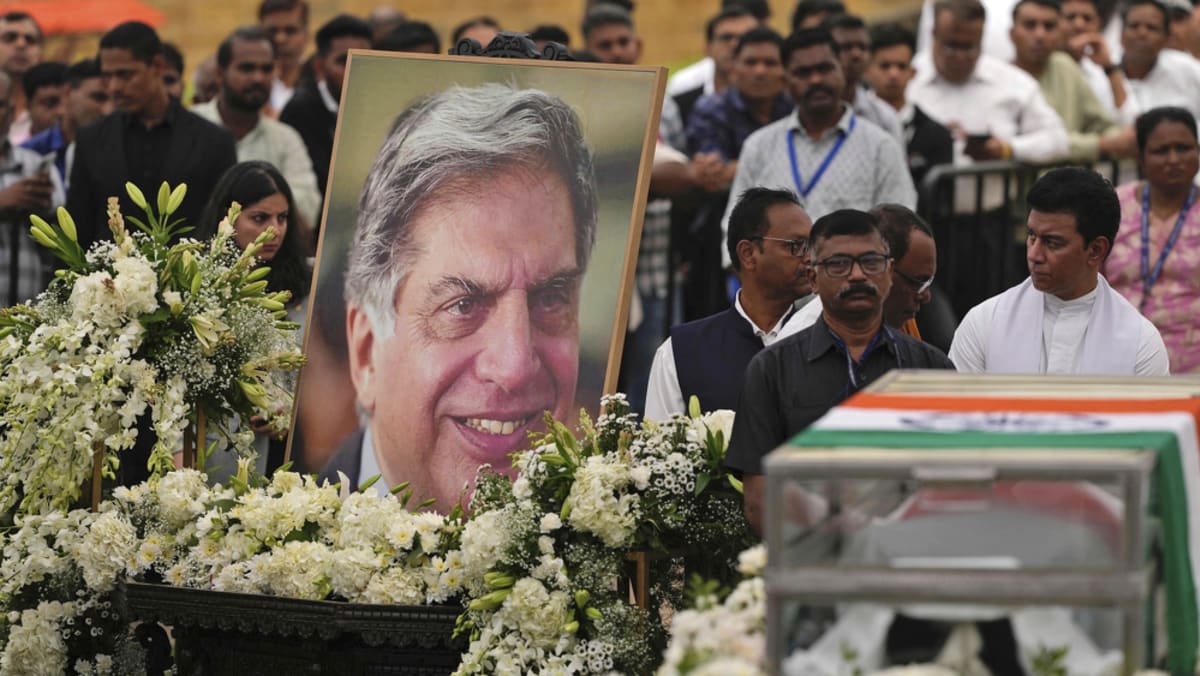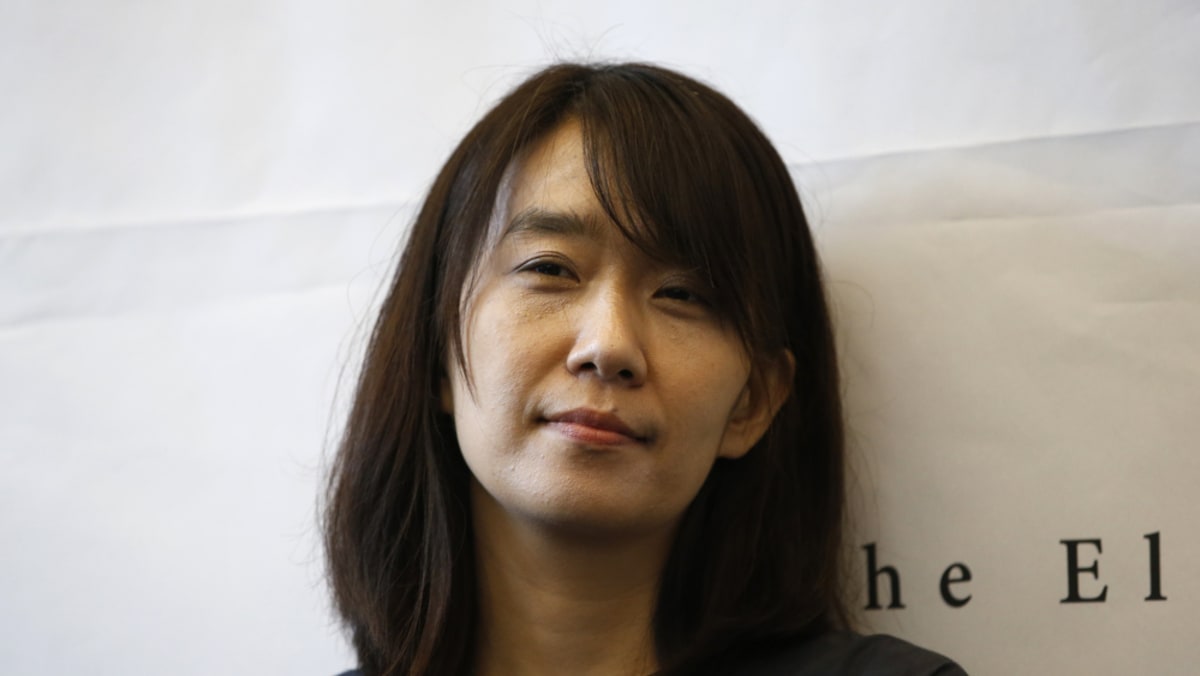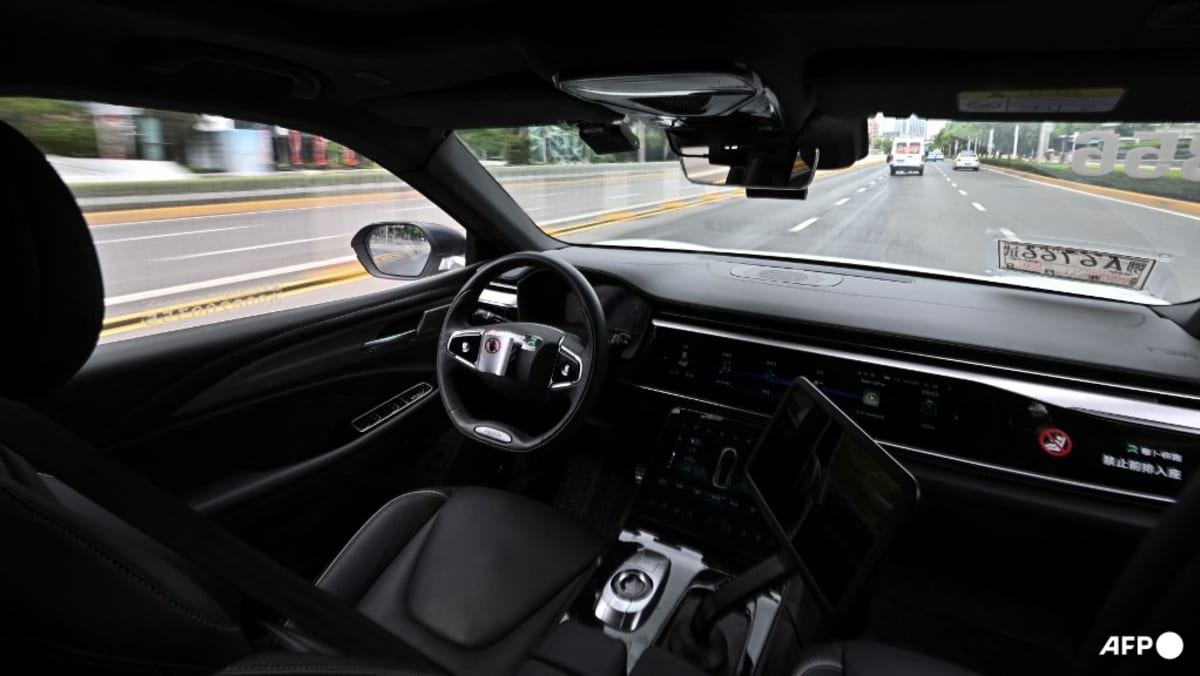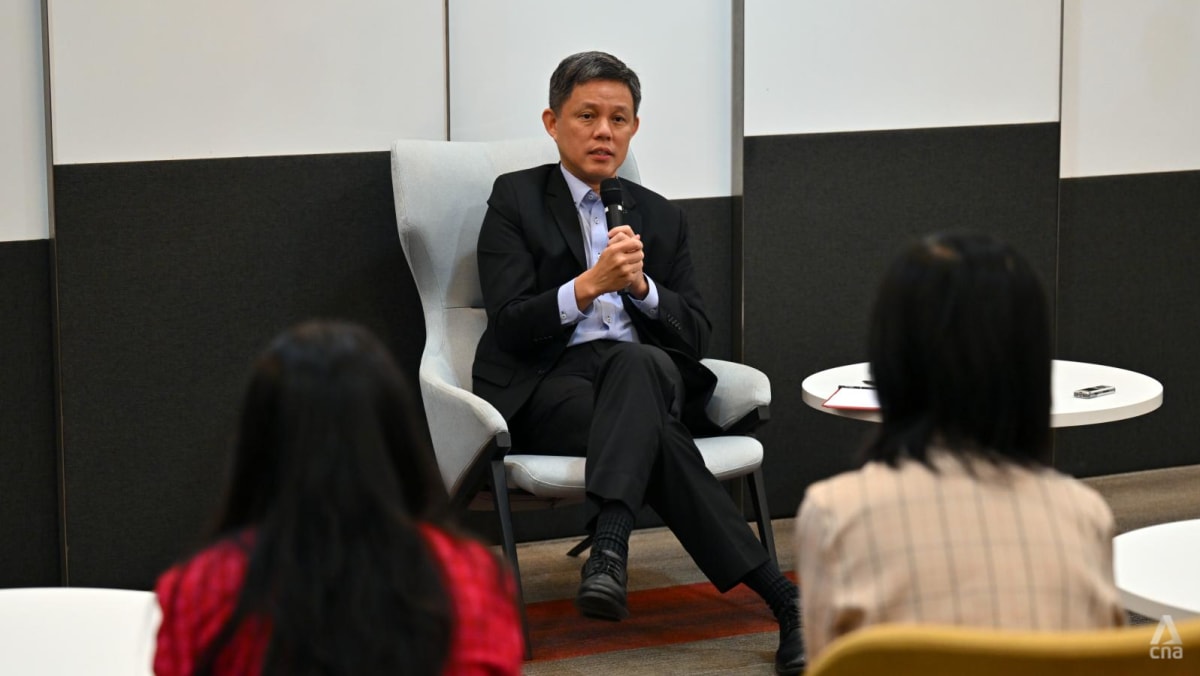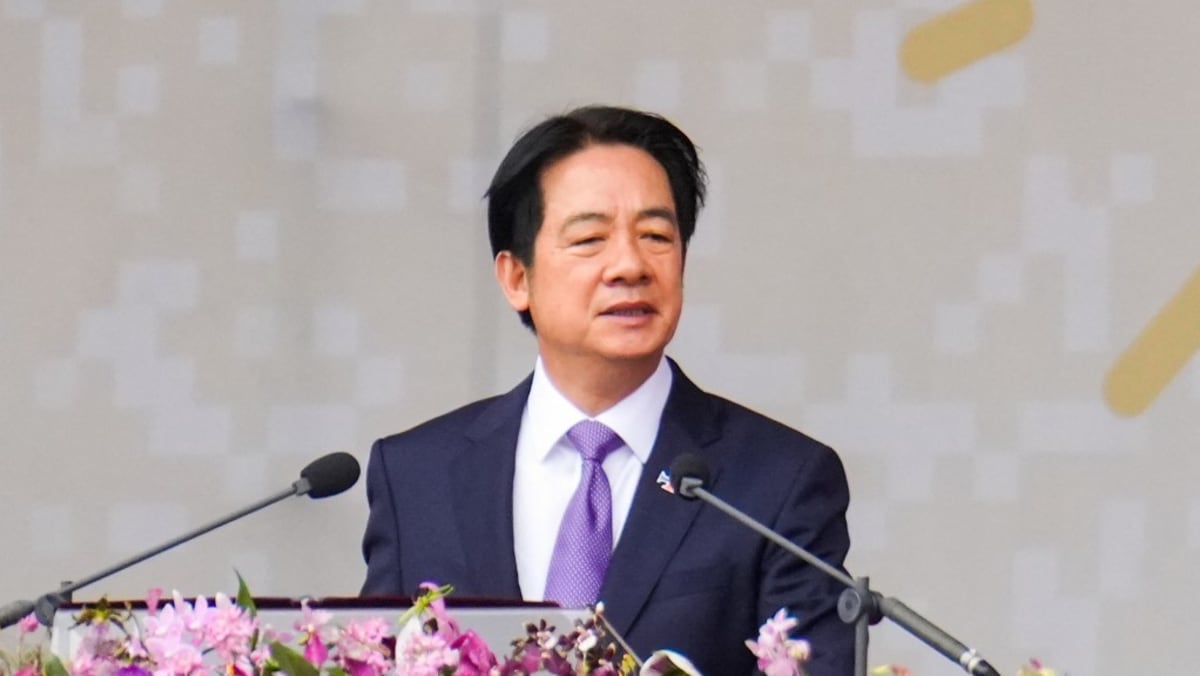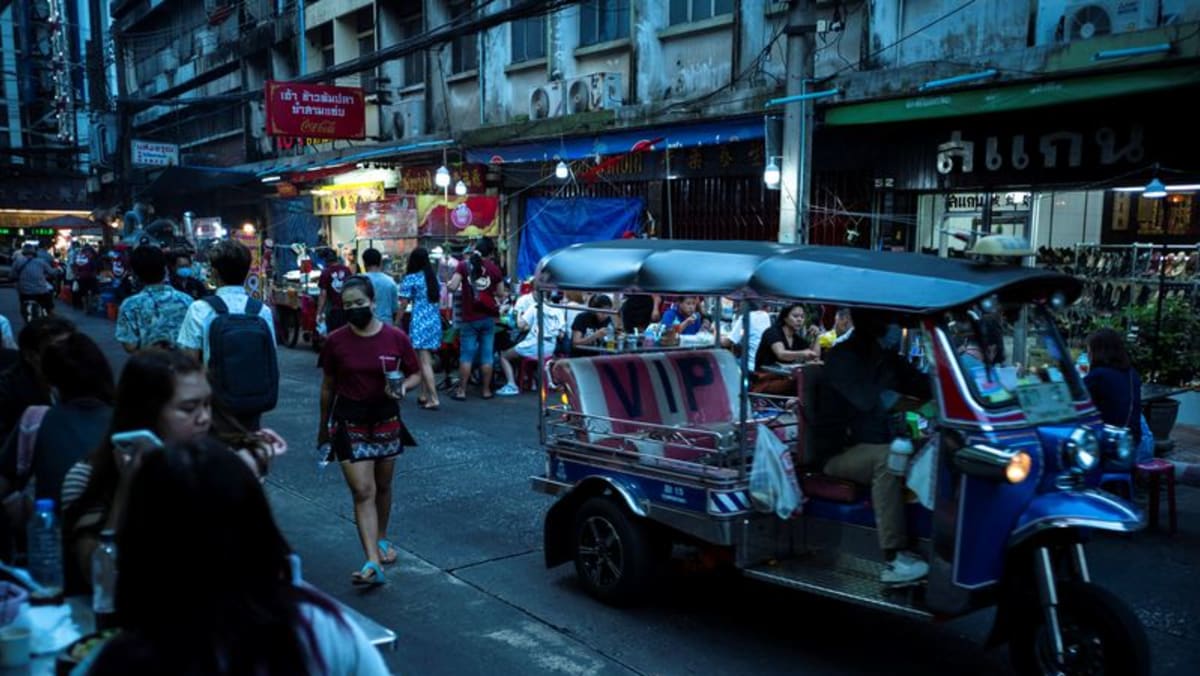This is similar to the “Wall Street versus Main Street” phenomenon in the United States, and the stickiness of cost of living is due to both sentiment and delay. Building on Robert J Shiller’s seminal work entitled Why Do People Dislike Inflation?, Harvard economist Stefanie Stantcheva wrote in a study that that people are averse to inflation because of the “widespread belief that it diminishes their buying power”, giving rise to stress, emotional responses, and a sense of inequity.
It didn’t matter if this wasn’t true, as people typically ignore the potential positive associations with inflation, such as rising incomes, reduced unemployment or enhanced economic activity, said Ms Stantcheva. This would lead them to blame the government, businesses, and the “system” in general for their conditions.
Another explanation for the disconnect between robust economic data and poor sentiment is the “referred pain” hypothesis, where the gloomy mood from non-economic reasons such as distrust in the system, rising ethno-religious polarisation, and general uncertainty takes prominence. The life-altering Covid-19 pandemic that saw people live through economically precarious times has a long-tail effect that cannot be ignored, as economic pessimism becomes a more persuasive feature in the minds of ordinary Malaysians.
Other than sentiment, there is also a natural lag in economic realisation on the ground. Foreign direct investments take time to be approved and realised, and factories need to be built before high-value jobs can be offered.
Similarly, stock market profit-taking will benefit those who invest directly, before increased profits translate to higher economic activity and salary. A strong currency makes imported goods cheaper over time, but it takes a while before consumer spending and business revenue to go up.
The changes to Malaysia’s economic structure will take time to yield its full effects, and it is expected that ordinary Malaysians still feel their lives remain largely unchanged.






